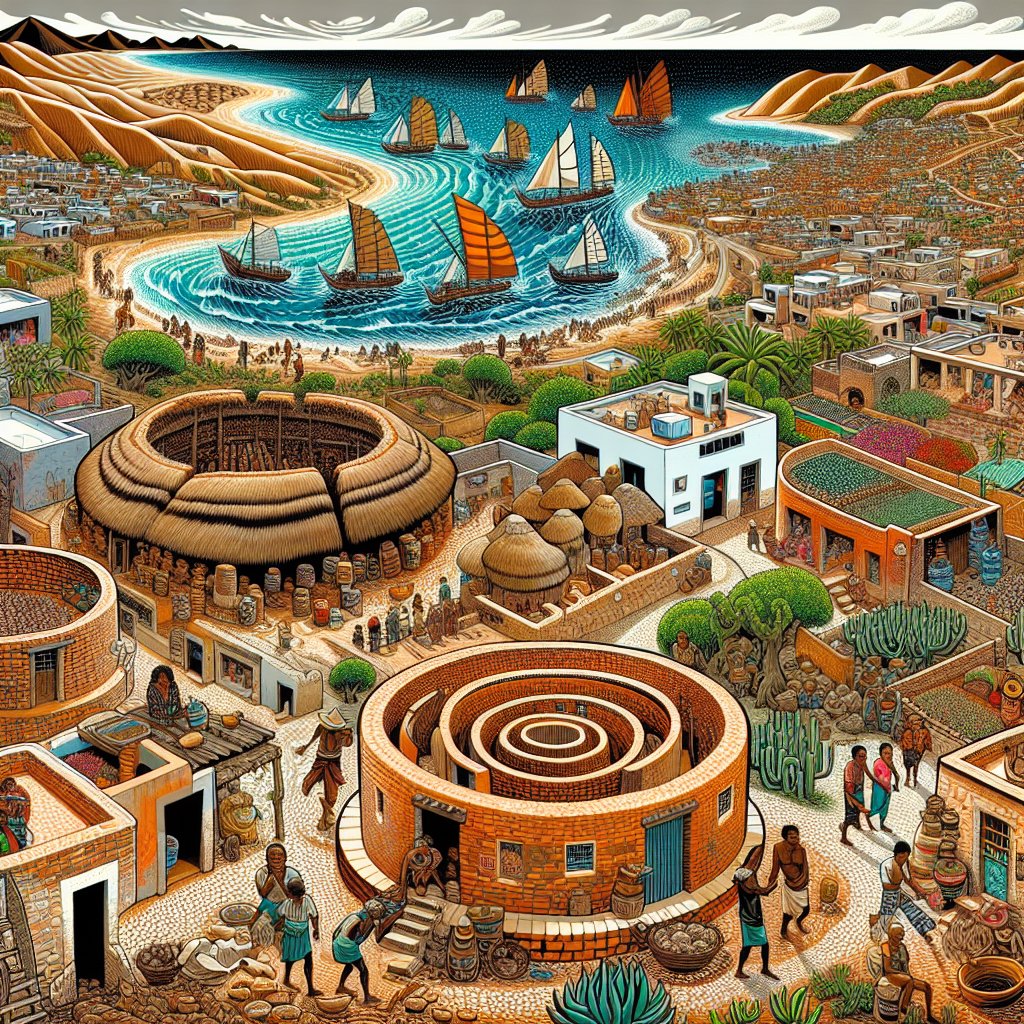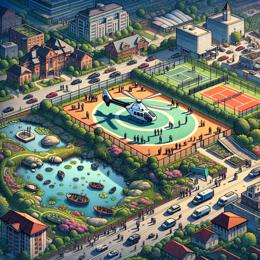Image created by AI
The Fight for Survival: Mexico's Oldest Black Community Faces Climate and Economic Hardships
Oaxaca, Mexico stands witness to a rich, yet embattled history, personified by the Afro-Mexican community in the coastal village of Tecoyame. Here, 101-year-old Mama Cointa lives in a threatened traditional home, a legacy of the resilience of African slaves who sought refuge in Mexico 400 years ago. As the punishing climate strips the land of its fertility and extreme weather gnaws away at the village homes, Afro-Mexicans confront the risk of cultural and literal erosion.
Mama Cointa's circular adobe, a structure resilient through centuries, may not withstand another year. Her son Don Amado laments the lack of support and resources needed to preserve such historical architectures critical to their heritage. Their plight is a snapshot of the broader challenges faced by Afro-Mexicans living along the Costa Chica, where longer droughts and unsustainable farming practices have destabilized the region.
In the Afro-Mexican hub of Cuajinicuilapa, 27,000 residents, comprising 75 percent of Afro-Mexicans, foster a vibrant community despite years of socio-economic neglect. The city thrives on a distinct identity, with a cuisine rich in African and indigenous flavors and the world-renowned 'Danza de los Diablos,' a dance symbolizing their ancestors' prayers for freedom.
Despite these cultural treasures, Cuajinicuilapa and its history remain largely unrecognized, with its Afro-Mexican museum struggling to stay open without paid staff for over 15 years. Abad Campos Rodriguez, among the region's esteemed dance and music teachers, worries about the transmission of this cultural heritage to future generations.
The fragility of the community's culture and livelihood hinges on systemic marginalization. It was not until 2015 that the Mexican census allowed individuals to identify as Afro-Mexican. Subsequent constitutional recognition in 2019 raised hopes for better support in terms of funding and services; however, tangible improvements have yet to materialize. Angelica Sorrosa, the Afro-Mexican museum's manager, expresses the community's continued sense of de-prioritization.
The upcoming presidential elections hold some promise, with candidates expressing commitment to cultural priorities. Yet, the Afro-Mexican community remains cautious, seeking genuine change rather than political lip service.
As environmental and economic hardships persist, organizations like Mano Amiga de la Costa Chica fight for Afro-Mexicans' right to equality and opportunity, underscoring the importance of inclusivity and recognition in overcoming the hurdles of marginalization.










